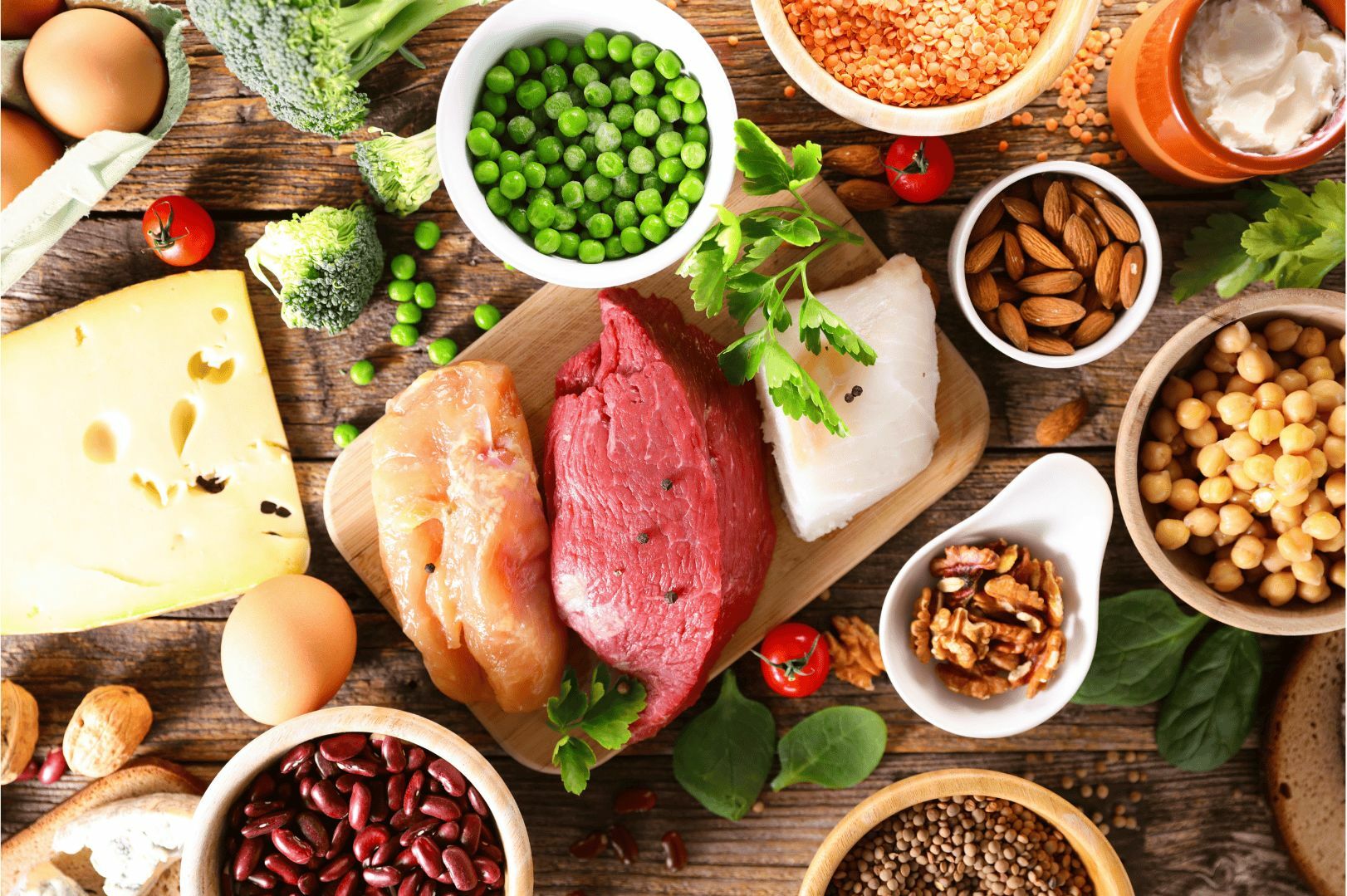Your Guide to High-Protein Eating for Weight Loss
By Sarah's Village

Protein is often hailed as the ultimate macronutrient for weight loss—and for good reason. It helps build and repair muscles, keeps you feeling full, and boosts your metabolism. But how do you make the most of protein for weight loss? Here’s your complete guide on what to eat, how much to eat, and why protein is key to reaching your goals.
Why High Protein Works for Weight Loss
Protein reduces hunger hormones, increases satiety hormones, and requires more energy to digest than carbs or fat, making it an efficient metabolism booster. It also helps preserve lean muscle mass during weight loss, ensuring your body burns fat instead of muscle.
How to Calculate Your Protein Needs
The ideal amount of protein varies based on your weight, activity level, and goals. To calculate:
-
Convert your weight to kilograms (1 kg = 2.2 lbs). For example, a 150 lb person is approximately 68 kg.
-
Multiply your weight in kilograms by the recommended range (1.2 to 2.2 grams for weight loss). For a 68 kg person, this equals 82-150 grams of protein per day.
High-Protein Foods to Include
-
Lean Meats and Poultry: Chicken breast, turkey, lean beef.
-
Fish and Seafood: Salmon, tuna, shrimp.
-
Plant-Based Proteins: Lentils, chickpeas, tofu, tempeh.
-
Dairy and Eggs: Greek yogurt, cottage cheese, eggs.
-
Snacks: Protein bars, nuts, seeds, hard-boiled eggs.
-
Other Options: Protein powders, edamame, quinoa.
Tips for Incorporating Protein
-
Include a protein source with every meal.
-
Choose high-protein snacks to curb hunger.
-
Prep meals ahead to ensure protein-rich options are always available.
-
Rotate your protein sources to avoid monotony and ensure diverse nutrient intake.
Sample High-Protein Meal Plan
-
Breakfast: Scrambled eggs with spinach and Greek yogurt.
-
Snack: Almonds and a boiled egg.
-
Lunch: Grilled chicken salad with quinoa and vegetables.
-
Snack: Edamame or a protein bar.
-
Dinner: Baked salmon with steamed broccoli and sweet potato.
High-protein eating is a powerful strategy for weight loss, helping you feel full, preserve muscle, and enhance your metabolism. By calculating your protein needs and focusing on nutrient-dense sources, you can unlock the power of protein for a healthier, stronger you. Consistency is key—start today!





